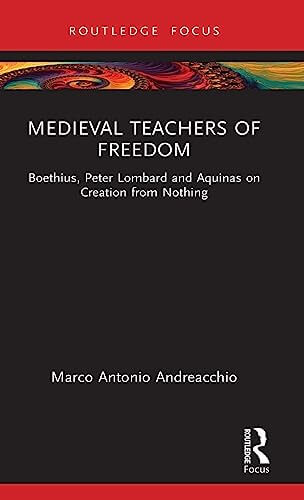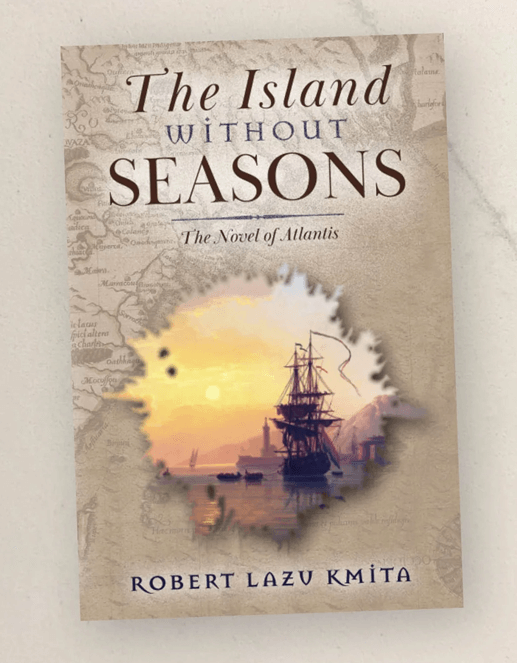What Can the Medievals Teach Us About Freedom?

Medieval Teachers of Freedom, by Marco Andreacchio, offers a useful and important contribution to the subject of medieval scholarship, and more generally to discussions on the problem of creation—both human and divine—encouraging readers to rethink the notion of creation in nature. Mr. Andreacchio’s work should appeal especially to scholars and students conducting research in medieval philosophy, the philosophy of religion, and Christian theology. The work would further benefit priests and ministers of all denominations by challenging modern assumptions that tend to influence our readings of medieval authors.
Mr. Andreacchio’s book offers a sophisticated approach of both historical and contemporary interest, including a careful examination of its original sources in defense of the meaningfulness of creation and freedom. While the questions explored are certainly both timely and lasting (we were debating them one thousand years ago, and still are today), the arguments articulated on the way respond vigorously to modern philosophy’s objections to medieval scholarship, tilting the balance in the latter’s favor. The author shows himself to be eminently qualified to confront his task, giving solid evidence of outstanding scholarship as he exposes the marrow of cardinal medieval writings, and advancing illuminating interpretations devoid of any discernible errors, factual or otherwise.
Moreover, Medieval Teachers of Freedom is engaging both intellectually and morally. The book asks the reader to find the courage to face daunting and at times deeply unsettling questions. As such, while the work’s writing style is generally clear it occasionally touches on the obscure due to the difficulty of the subject matter; this is not necessarily a book for an unread reader but it is an enriching and stimulating read.
Nevertheless, articulate references to Augustine and Maimonides are most welcome as they help flesh out the philosophical depths of the sources named in our work’s title and most notably Thomas Aquinas, confirming the importance of dialogue in any solid appreciation of medieval scholarship, which has long been victim of the stigma of a mind-numbing pedantry. Mr. Andreacchio’s work exposes a pearl that the stigma obscures, namely a dispassionate and candid dialogue that, rather than recoiling before irrational prejudices, exposes these delicately and relentlessly to a common foundation of truth.
The most compelling sections of the work were those exploring the nature or foundation of freedom, especially as they question the modern “taboo” against reasoning about any necessary meaning in freedom. Mr. Andreacchio’s discussions convincingly show that far from being obscurantist or illiberal, the medieval search for intelligence at the heart of our freedom is the only way for us not to lose freedom altogether. As our own contemporary societies worry about the future of freedom the medieval thinkers should be seen as friends instead of enemies. Mr. Andreacchio’s book helps us recognize this reality which will hopefully dispel the lingering Whig prejudices of viewing the medieval in a negative light.
Surpassing in depth and focus competing contemporary interpretations of its key medieval sources, Medieval Teachers of Freedom carries us far beyond the conceptual limits of works such as the 2007 Divine Creation in Ancient, Medieval and Early Modern Thought (Treschow, Otten and Hannam eds.), providing at once a systematic approach to, a proper direction toward, and a refreshing appreciation for a natural hierarchy of human concerns. In sum, Mr. Andreacchio’s book is an original and thoughtful exploration of a theme of perennial interest. It has the dual virtue of both solid knowledge of past key thinkers probingly elucidated, and definite relevance to the contemporary discussion of issues seated at the heart of the human condition. It is highly recommended.




